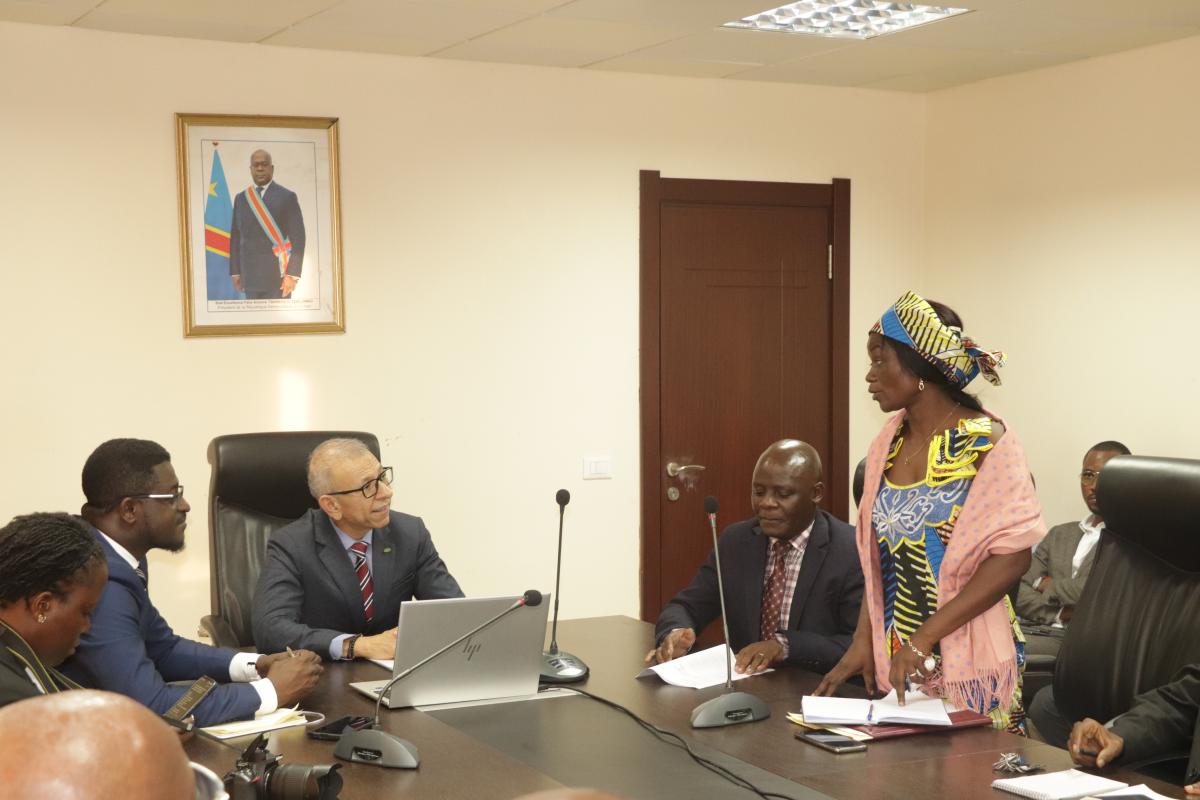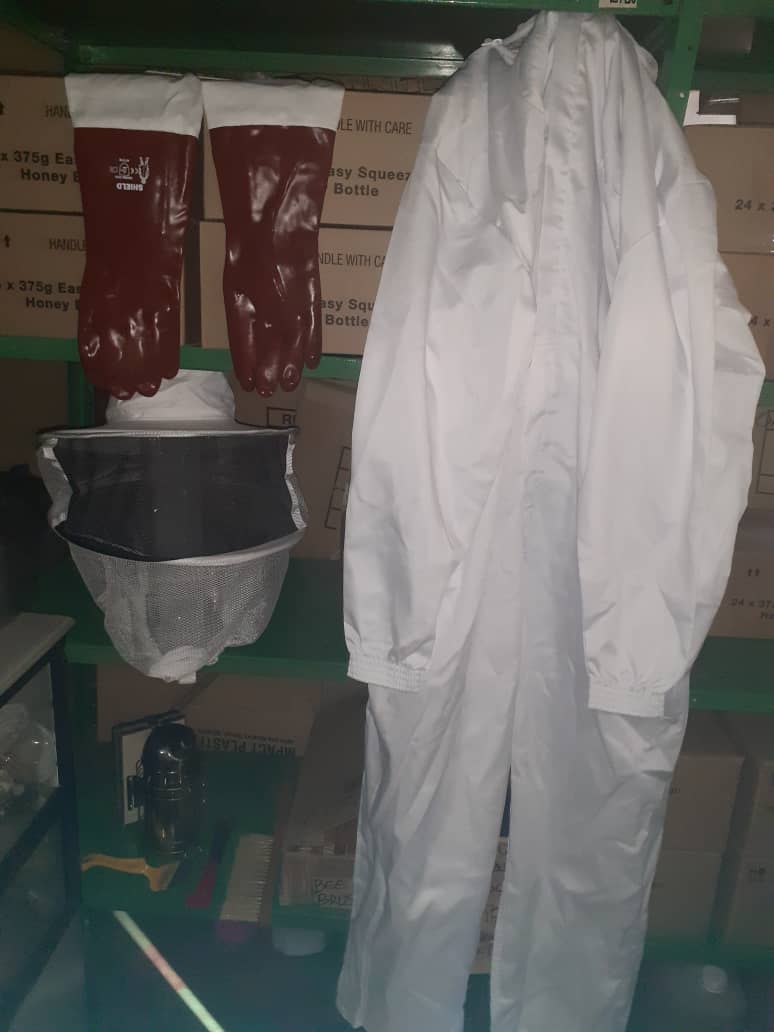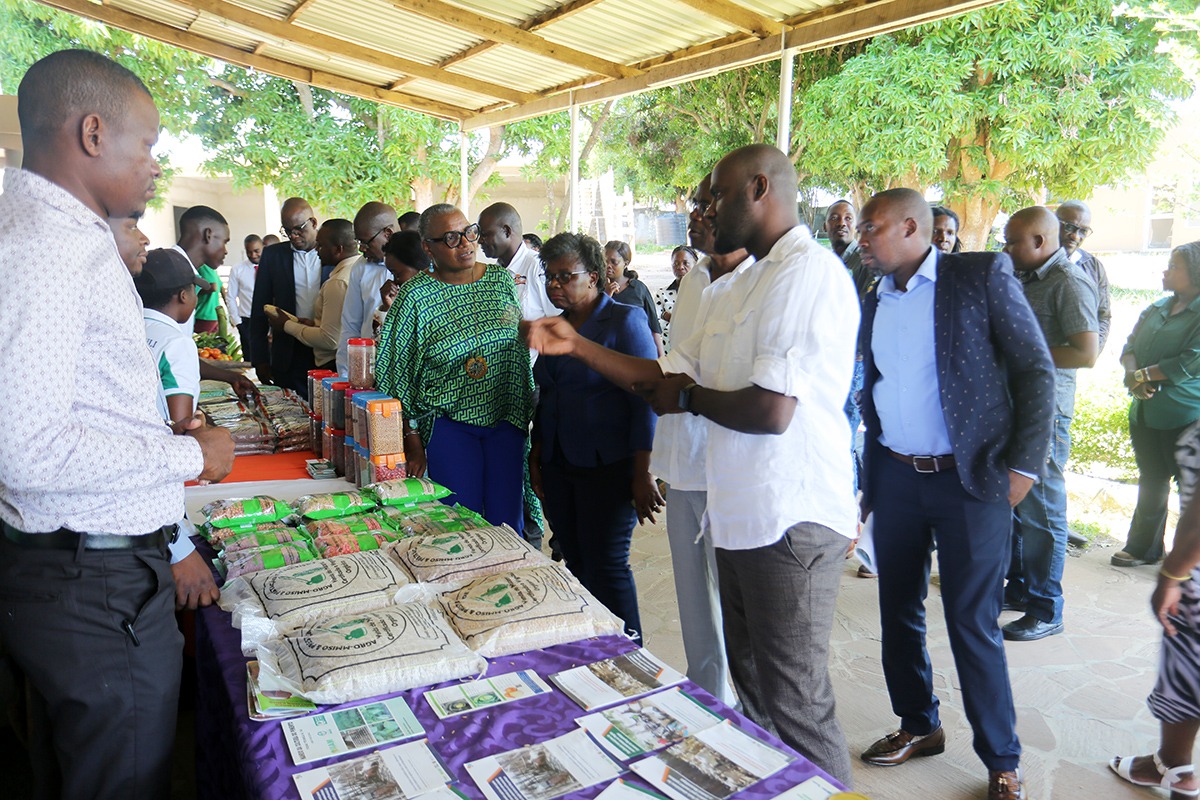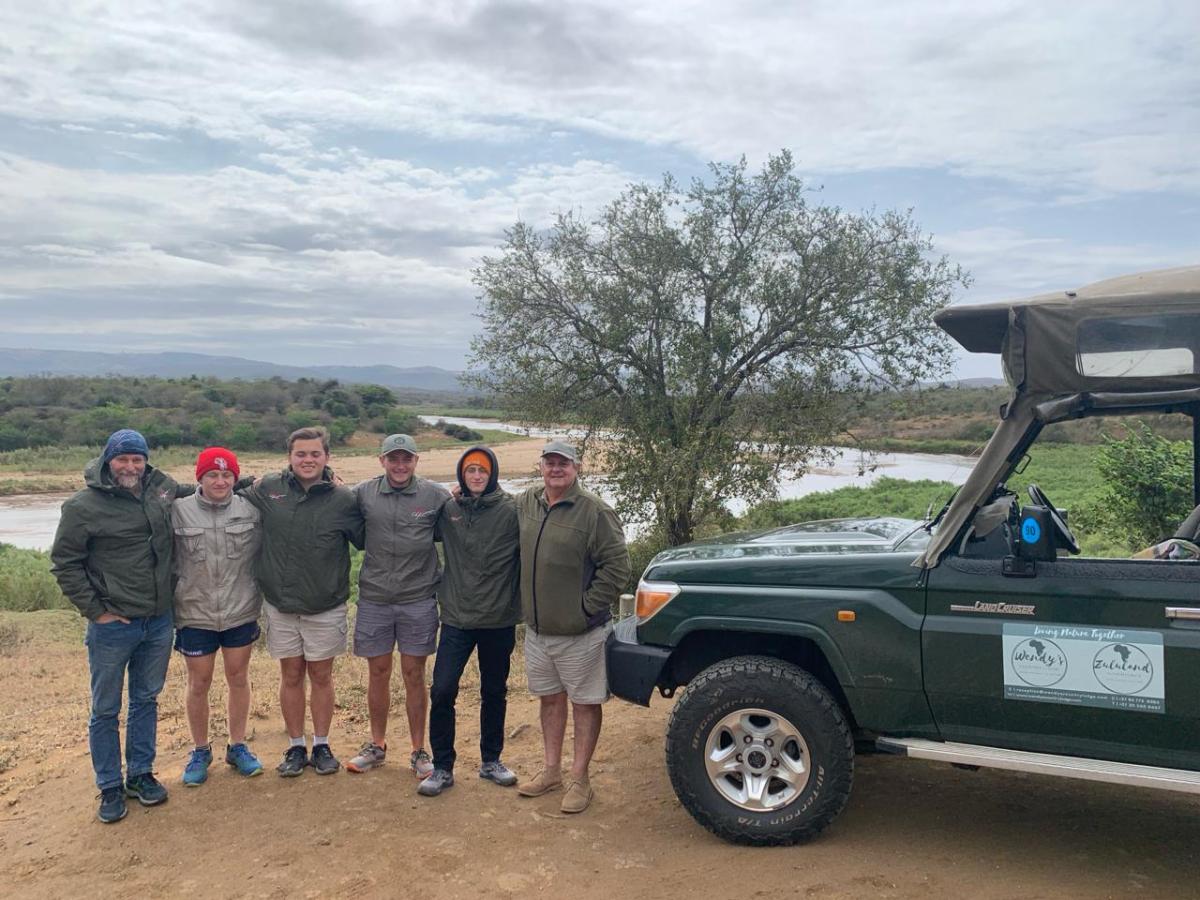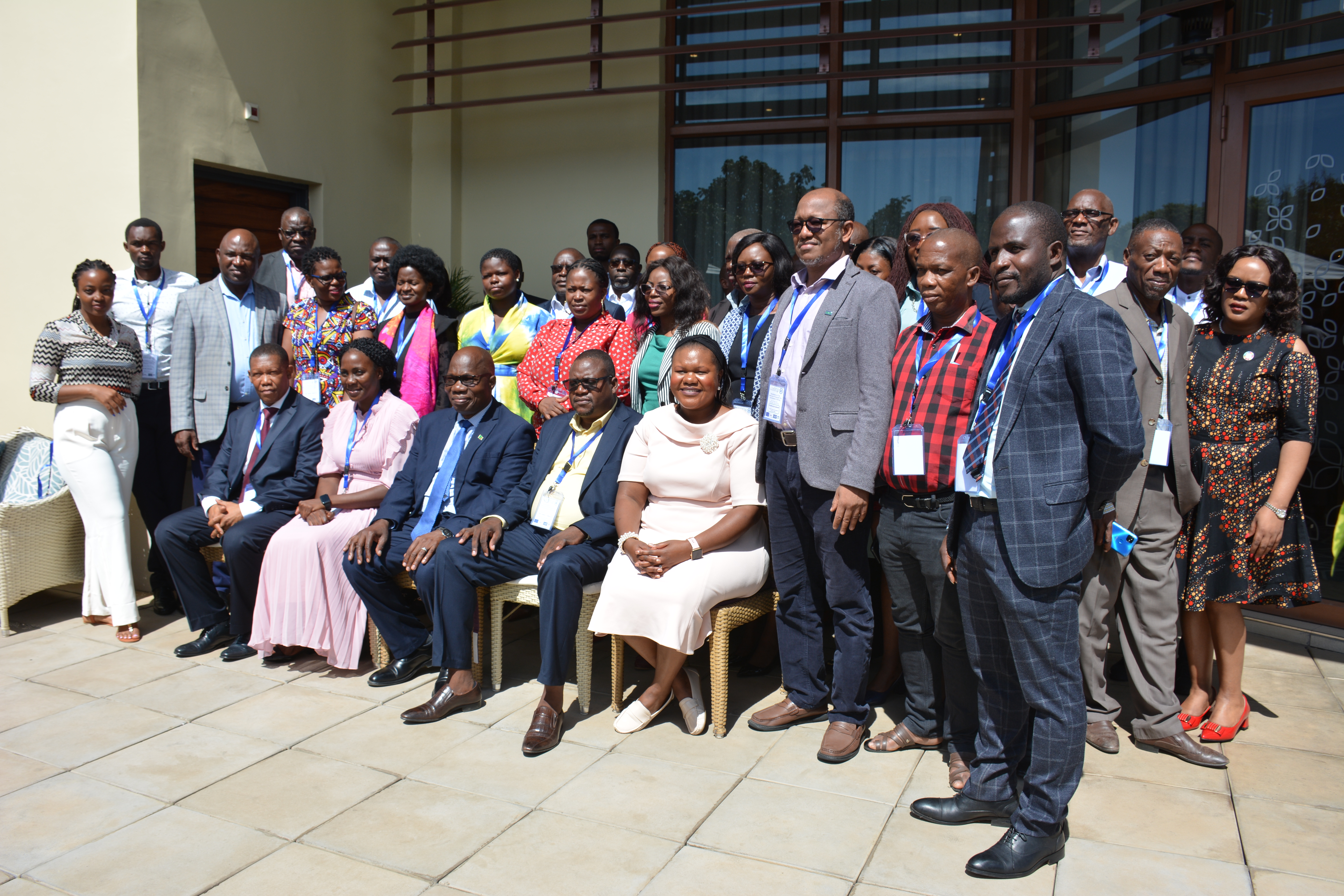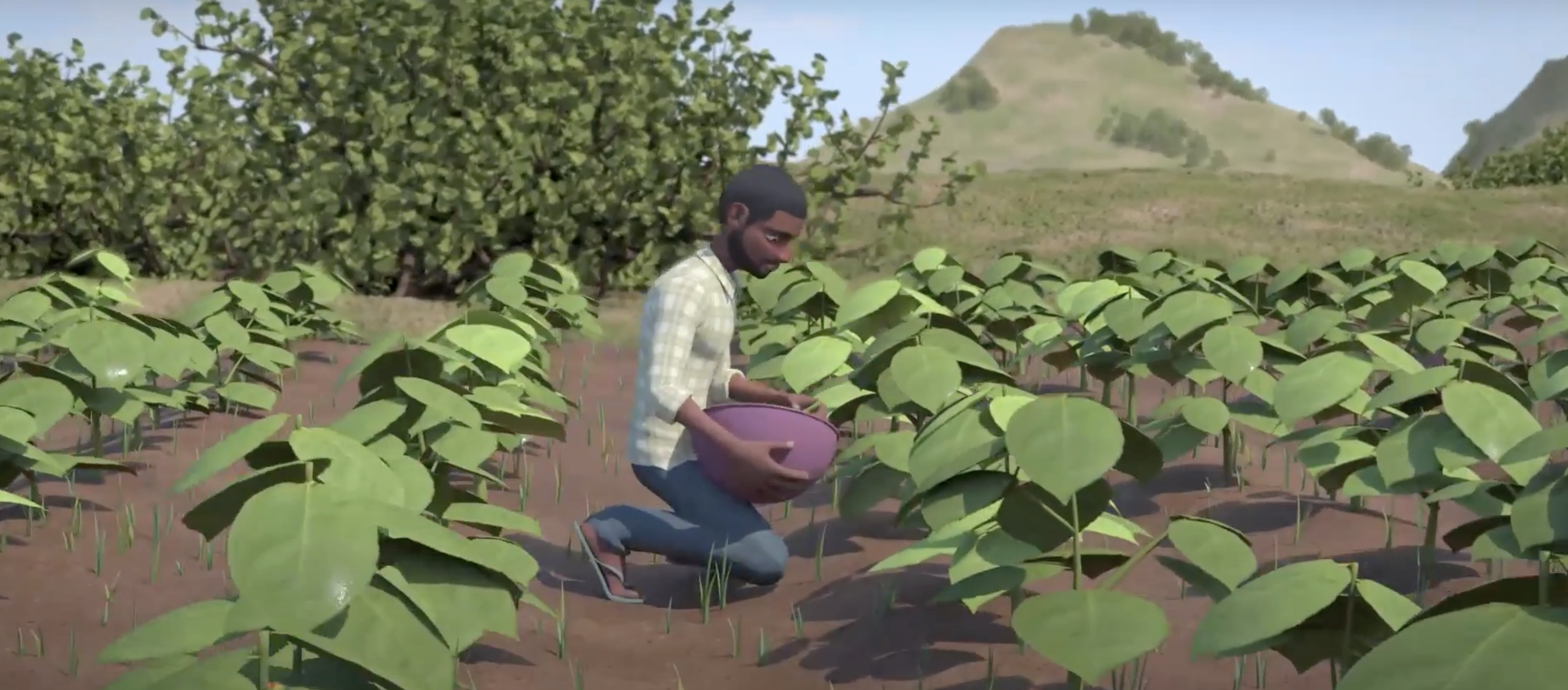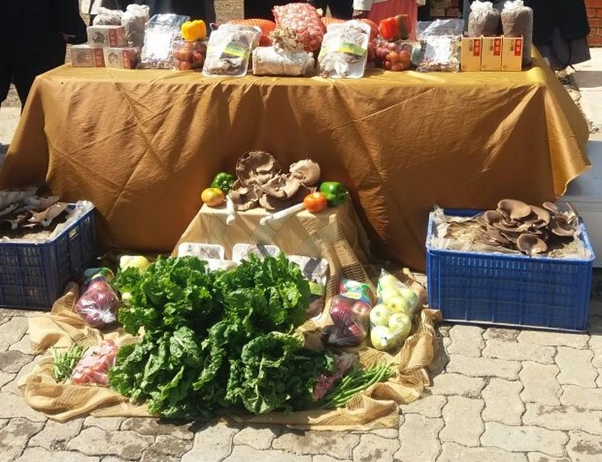Co-authors
Jennifer Frankel-Reed, Barbara Fröde-Thierfelder, Ilona Porsché, Alfred Eberhardt, Mark Svendsen
Description/Abstract
This climate proofing tool is part of the training package on Tackling Climate Change in Agriculture: Approaches to climate change adaptation and climate smart agriculture in southern Africa. It is based on the Integrating Climate Change Adaptation into Development Co-operation Climate Proofing Tool initially developed by the Organisation for Economic Cooperation and Development (OECD) and GIZ in 2009. This climate proofing tool expands the original tool towards a stronger focus on climate change adaptation in agriculture in southern Africa, and places more emphasis on knowledge co-generation with respect to the specific case study system at hand. It has been adapted to southern Africa by the SADC Adaptation to Climate Change in Rural Areas in Southern Africa (ACCRA) Programme. ACCRA has been established by the German Government through the Gesellschaft für Internationale Zusammenarbeit (GIZ) and the Southern African Development Community (SADC), funded by the Bundesministerium für wirtschaftliche Zusammenarbeit und Entwicklung (BMZ). The programme is implemented by the Centre for Coordination of Agricultural Research & Development for Southern Africa (CCARDESA).
The training package combines a range of different technical/topical modules with this climate proofing tool and its practical application within specified case studies. This climate proofing tool forms an integral part of the training package.
The climate proofing tool consists of a series of steps which will be implemented in small groups, who will work together throughout the training course. Each group will focus on a particular case study or system of interest – an agricultural system or value chain.
The climate proofing steps include:
- Assessing the current and future climate risks
- Identifying adaptation options
- Selecting adaptation measures
Pre-defined case studies form the basis of applying the climate proofing tool. The selection of the case studies will have been done in advance by the programme implementing the training or by the participants themselves, or both. The case studies have been prepared with details on existing climate conditions, systems characterisation including biophysical, as well as socio- economic aspects.


